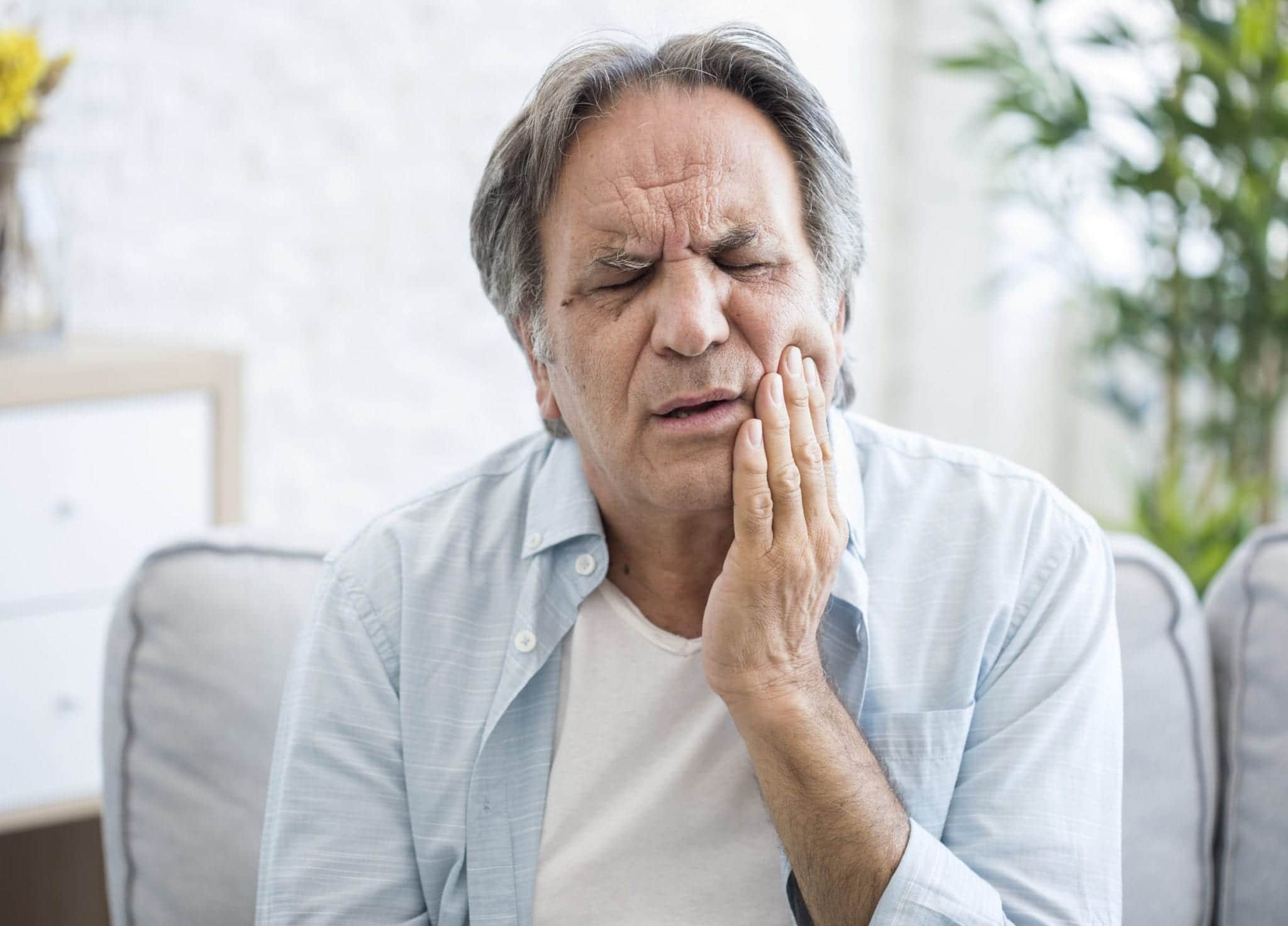
You probably know – at least to some degree – that the foods you eat can affect the state of your gums and teeth. How often you eat them also plays a role. Have too many servings of sugary treats, for example, and you’re more likely to experience tooth decay. It’s not just sugar, of course. Tooth decay is caused by a lack of minerals, vitamins, and other nutrients that are necessary for healthy teeth and gums.
In short, eat poorly and you’re more likely to have poor teeth. From there, it’s a tiny leap in logic to understand that your teeth and gums are more likely to be healthy if you eat well.
Here’s the thing that’s a bit of a surprise for most, though: changing your diet for the better not only slows down decay – it can actually put a stop to it completely!
When you eat and drink well, you provide your teeth with the nutrition they need to avoid decay and limit tooth-destroying acids that too many “bad” foods create. What can you do specifically?
Monitor Sugar and Carbohydrate Intake
Why are sugars and carbohydrates harmful? Because when they combine with the plaque that’s already on our teeth, it creates acids that eat away at your enamel, resulting in cavities.
Because of this, it’s best to monitor sugar and carbohydrate intake by reading the nutritional contents of labels. Select foods that have low sugar levels whenever possible, and limit the number of carbs and starchy foods in your diet.
If carbs are a must, go for whole grains whenever possible. Eating whole grains will help keep your gums and teeth healthy while also providing you with a higher amount of fiber. These options include whole-grain cereals, bread, and more.
Whole grains or not, when you do eat or drink foods higher in sugar or carbohydrates, try to clean your mouth out within a half-hour or so if possible. Brushing your teeth is the best way to do this, but we know that’s not always an option. Alternatives include swigging some mouthwash, chewing sugarless gum, and…
Drink Lots of Water
While water doesn’t have specific nutritional value, it is absolutely the best thing you can drink to help prevent tooth decay and cavities. Why? Because unlike just about every other kind of drink, it does no harm.
That may sound like faint praise, but it really does matter. Water provides you with a way to wash out leftover food and harmful films that may be covering your teeth – including the always-dangerous acids – and it does this without leaving anything bad behind. No other drink can really say this.
Eat a Well-balanced Diet
It’s not enough just to minimize the harmful things you eat. You also need to eat larger amounts of nutritious foods – and more variety. Specifically, you should eat a varied mix from the five food groups: whole grains; fruits; vegetables; lean meats such as beef, fish, or chicken; and dairy products that are fat-free or low-fat.
Bring on the Calcium
Calcium in dairy foods is a great way to help prevent cavities. It also encourages the production of saliva.
Healthy, calcium-rich dairy options include cheese, milk, and yogurt. Beyond dairy products, there are other foods that contain calcium such as greens like broccoli, collard greens, spinach, and lentils, as well as salmon, kale, nuts, and beans.
Opt for High-Fiber
Consuming high-fiber foods will help keep the saliva flowing which aids in the prevention of cavities and tooth decay. This includes dates, figs, and raisins, apples, bananas, and oranges. Other high-fiber foods include peas, Brussel sprouts, and nuts.
Add Vitamins and Supplements to Your Diet
The sad truth is that most of us don’t get the recommended daily amounts of vitamins and minerals from our diets. Working to change what you eat will help this, but even then it’s not easy. Just try getting enough potassium without eating a dozen bananas a day!

Because of this, adding vitamin supplements to your routine can prove beneficial. Vitamins stimulate saliva production, which will help make your teeth much stronger.
Of course, altering your diet only goes so far. You still need to book time with your dentist for regular cleanings and check-ups. The difference is that – if all goes well – they’ll have a lot less work to do!






